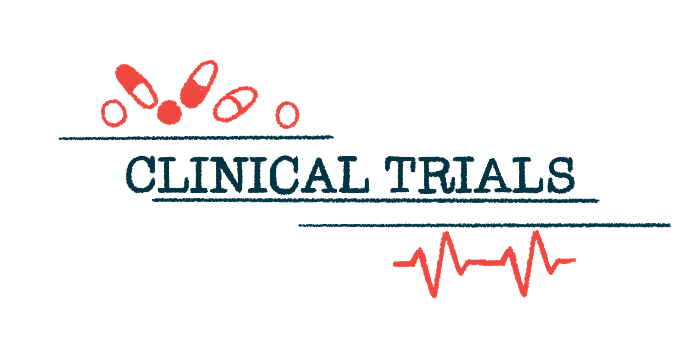Longboard launches Phase 3 trial of bexicaserin in Dravet syndrome
Therapy also awarded FDA orphan drug status as treatment for seizures
Written by |

Longboard Pharmaceuticals has launched a Phase 3 clinical trial evaluating the efficacy and safety of bexicaserin, its investigational treatment for seizures associated with Dravet syndrome and other forms of developmental and epileptic encephalopathies, known as DEEs.
The worldwide study, dubbed DEEp SEA, expects to enroll about 160 people with Dravet, ages 2 to 65, who will receive either bexicaserin or a placebo, for about three months. Eligible participants completing the trial can enroll in a yearlong extension.
“We are thrilled to announce the initiation of our global Phase 3 DEEp program with our first sites activated and multiple additional sites primed for activation within the next couple of weeks for our DEEp SEA study in Dravet syndrome. DEEp SEA is the first of two trials within the DEEp program,” Chad Orevillo, Longboard’s executive vice president and head of operations, said in a company press release.
Longboard also announced, in a separate press release, that bexicaserin was granted both orphan drug and rare pediatric disease designations by the U.S. Food and Drug Administration (FDA) to treat seizures in Dravet syndrome patients. These designations are meant to encourage companies to develop therapies for rare conditions through a series of benefits. The FDA’s orphan drug status provides tax incentives and, if a treatment is approved, seven years of market exclusivity in the U.S. Rare pediatric disease designation provides separate incentives for companies developing treatments for diseases that mainly impact children.
“We appreciate the regulatory support that [such status] provides as we continue on our journey to study bexicaserin as a potential treatment option for DEE patients with significant unmet medical needs,” said Randall Kaye, MD, Longboard’s chief medical officer.
Phase 3 trial to test oral therapy in over 150 patients, ages 2-65
Dravet syndrome is a type of epilepsy characterized by frequent and prolonged motor seizures — uncontrolled bursts of electrical activity in the brain that affect muscles. These seizures usually start early in infancy and are often difficult to control with available medications.
Bexicaserin, previously known as LP352, is an oral therapy designed to bind to 5-HT2C, a receptor in the brain and spinal cord that primarily binds serotonin, a chemical messenger that helps nerve cells communicate. This activation is expected to ease the abnormal electrical activity in the brain that fuels seizures.
Recently reported data from the Phase 1b/2a PACIFIC trial (NCT05364021) demonstrated that treatment with bexicaserin led to significant reductions in seizure frequency in children with Dravet syndrome and other DEEs, compared with a placebo. Among four Dravet patients, all receiving bexicaserin, the median seizure frequency was reduced by 72.1%.
The treatment was generally well tolerated by most patients, with sleepiness or lethargy, decreased appetite, constipation, and diarrhea as the most common side effects.
In the trial’s open-label extension (NCT05626634), in which all patients received bexicaserin for one year, the participants maintained seizure frequency reduction after nine months of treatment.
A large unmet need still exists not only in Dravet, but in so many other rare epileptic conditions.
The new DEEp SEA trial will assess bexicaserin’s efficacy in reducing seizures in people of all ages with Dravet. After patient screening and an initial evaluation, participants will start a three-week dose-adjustment period and then continue on the highest tolerated dose for 12 weeks, or about three months.
Secondary goals of the trial include assessing the treatment’s safety and tolerability. Once patients complete the trial, those eligible may enroll in a one-year open label extension, in which all participants will receive bexicaserin.
According to Longboard, this trial is part of the DEEp clinical program testing the treatment in people with different DEEs, which is planned to include about 480 participants across 80 sites worldwide.
“I am pleased to see Longboard’s recent progress in Dravet syndrome — first, with rare pediatric disease and orphan drug designations, and now with the initiation of the DEEp SEA study,” said Mary Anne Meskis, founding member and executive director of the Dravet Syndrome Foundation. “Longboard’s unique and efficient approach to clinical development in a range of DEEs, including Dravet, is remarkable. A large unmet need still exists not only in Dravet, but in so many other rare epileptic conditions.”







